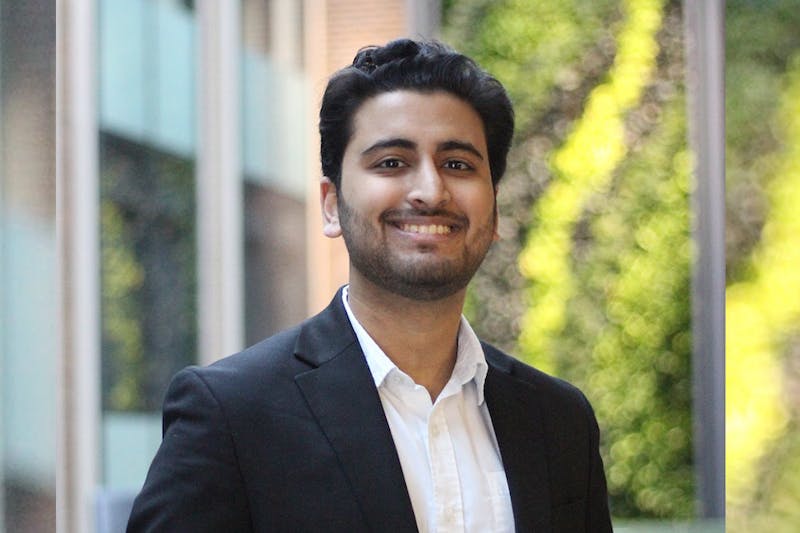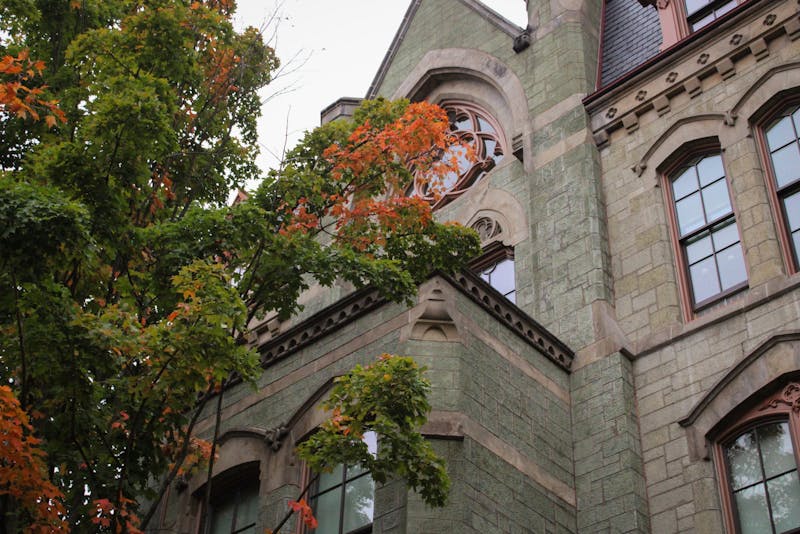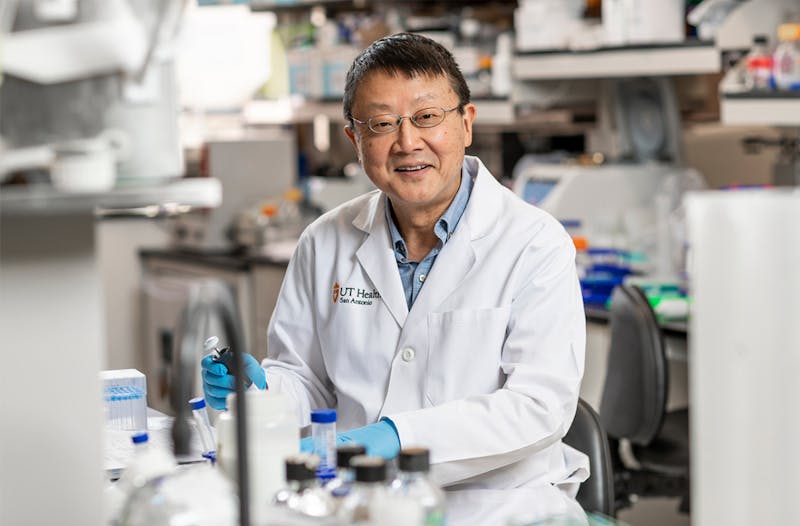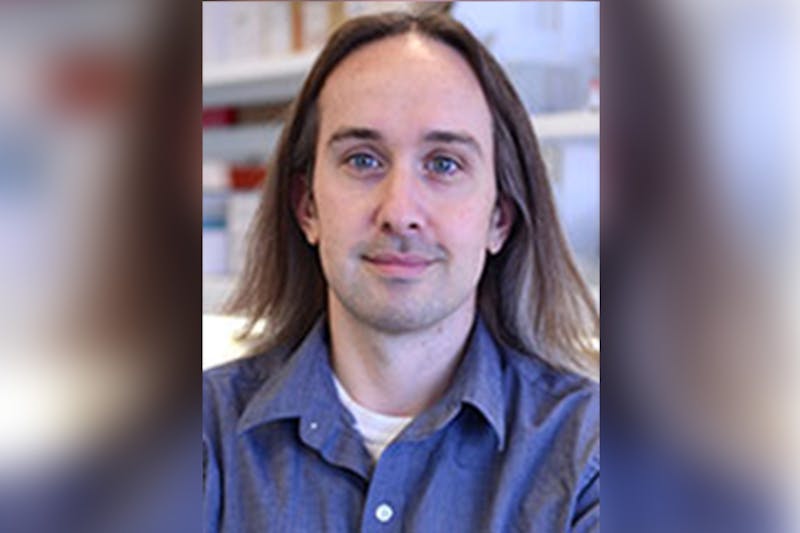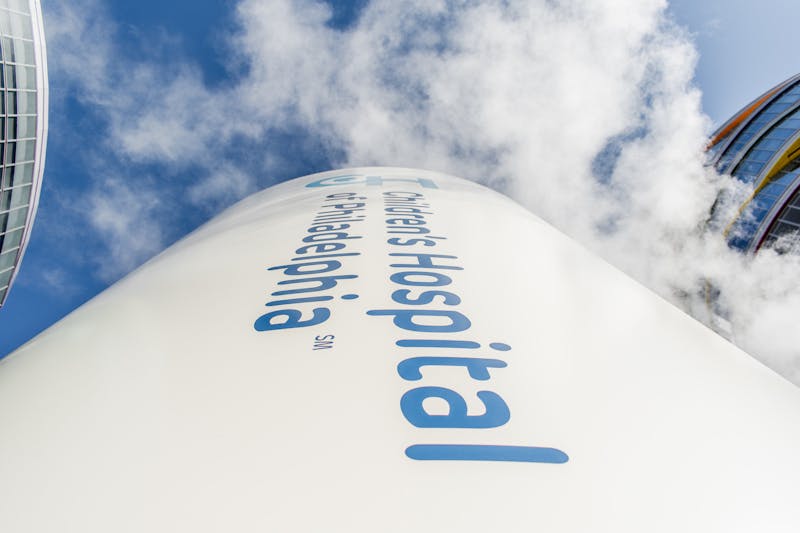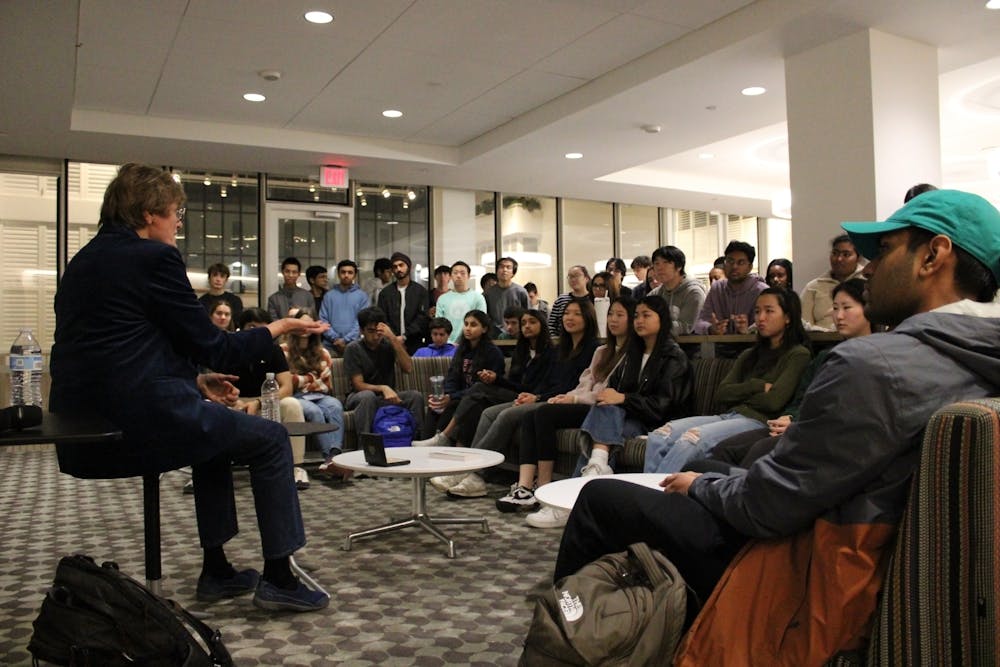
Katalin Karikó, Nobel Prize Laureate and adjunct professor of neurosurgery, spoke at Hill College House on Nov. 19.
Credit: Sanjana JuvvadiHill College House hosted a dinner with Nobel Prize laureate and Perelman School of Medicine professor Katalin Karikó as part of its monthly “Dinner with Interesting People" series.
Hill College residents, house fellows, and faculty directors gathered in the Hill Club Lounge on Tuesday for the dinner, which was capped at 20 attendees. Karikó spoke candidly about her path through the academic world and her personal values in an open Q&A.
Karikó won the 2023 Nobel Prize in Medicine alongside co-laureate and Medicine professor Drew Weissman for their research on messenger-RNA technology. Their work was fundamental to the development of Pfizer/BioNTech and Moderna’s COVID-19 vaccines.
Karikó’s time at Penn spans a tumultuous three decades, starting in 1989 when she was appointed adjunct professor at the Medical School. In 1995, university administrators told her that she was "not of faculty quality," Karikó previously told The Daily Pennsylvanian. Though the University patented her mRNA technology from a 2005 study, she was never reinstated to her tenure track position. Karikó left Penn in 2013 after her lab space was uprooted.
“Four times I was terminated in my position — I wouldn’t be here if that didn’t happen,” Karikó said. “If everything happened every time exactly how I wanted it, I wouldn’t be [this] successful. Challenges will always be there … focus on all the work you can change.”
She attributed her achievements and her daughter’s back-to-back Olympic gold medals to her indifference towards others' opinions.
“You know, people consider me unsuccessful because I was demoted, I didn’t get the grant, and so on,” Karikó said. “But every day, I [had] to solve a technical problem, and I felt successful when I did my experiments. Don’t let other people define you.”
Karikó said that she was honored and shocked to win the Nobel Prize, and it wasn’t something she had actively pursued.
“I was very happy to be unknown,” Karikó said. “I don’t care if people know about my work. For me, it is enough to know that what I was doing with my work is important. When you do research, you don’t see the outcome, but you have to believe someone is using it to do something worthwhile.”
College first-year Tanvi Deshmukh, who attended the dinner, described Karikó’s mindset as “motivational.”
“Hearing about her suffering in the scholarly world and how she basically said 'thank you haters' to do what she wanted and what was right was very interesting,” Tanvi said. “I respect the amount of resilience she had throughout her life and the fact that she’s not looking for a prize but what will actually help people.”
College first-year Riya Patil said that she was intrigued by Karikó’s nonlinear journey.
“It was really interesting to hear her story,” Patil said. “Her perseverance was extremely inspiring because she was removed from her position so many times."
Karikó also highlighted the importance of managing stress, which she said she learned at 16 years old. As someone who runs at 6 a.m. every morning and competes in marathons, she advised students to be physically and mentally healthy.
Above all, Karikó stressed that students must enjoy whatever they do.
“It’s important that you have fun,” Karikó said. “To be a scientist is fun. Emotionally, [I was] so high I could not go to sleep. I couldn’t lay down because it [was] so exciting. What is the truth? It is so beautiful. I cannot describe it, that feeling of learning something.”
The Daily Pennsylvanian is an independent, student-run newspaper. Please consider making a donation to support the coverage that shapes the University. Your generosity ensures a future of strong journalism at Penn.
Donate







